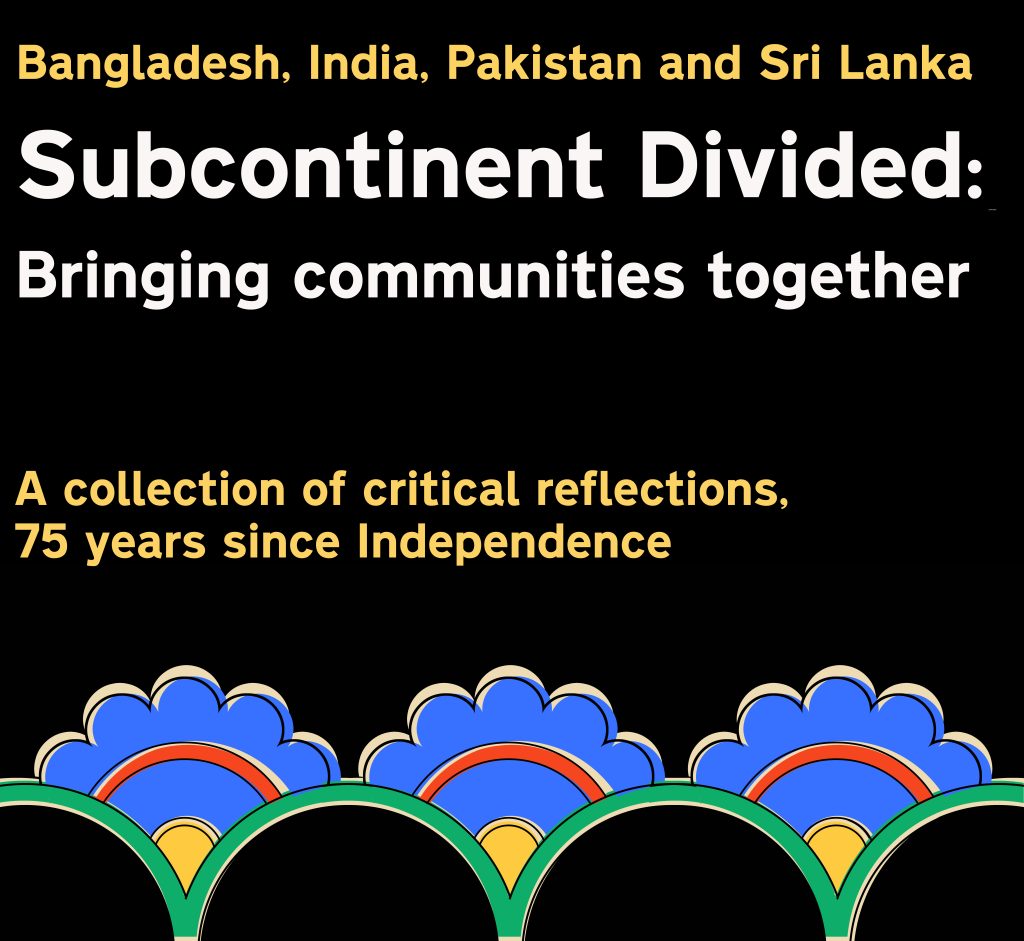Manto & Pakistan’s literary daughters: Unflinching chroniclers of Partition











Born to an unfractured India, later active and now celebrated as a unique voice in Pakistani literature, Saadat Hasan Manto is one of the subcontinent’s bravest voices of the mid-century, strongly opposing partition and facing jail-time, blacklisting and much persecution during his lifetime for his forthright poems, plays and stories: Thanda Gosht (Cold Meat), Khol Do (Open) and Upar Neeche Darmiyan (Over Under and Inbetween) each landed him obscenity charges in Pakistan after 1947, while Dhuan (Smoke), Bu (Smell) and Kali Shalwar (Black trousers) garnered the same reaction previously in British India.
Though he later faced criticism from Marxists for eventually acquiescing to Pakistani nationalism, Manto’s work continues to inspire with its black humour, fierce critique and deadpan observation — and his life continues to fascinate. A proud Kashmiri by ethnicity, Manto fell in love with the works of Victor Hugo, Tolstoy, Gorky and Chekhov (all of whom he went on to translate into Urdu); he built his career on All-India Radio in Delhi, and as a film-writer in Bombay. He was most unwilling to leave India, before finally departing for Karachi by ship in 1948 with his wife. In the newly created and boldly Islamicised Pakistan, as in India, he was repeatedly persecuted with public obscenity trials for his writing, and was effectively banned from writing more stories (by one Justice Munir, who also presided over the arrangements to impose Martial Law later on in Pakistani history — but that’s for another day). Manto, gagged and heartsick, effective drank himself to death; he died at just 43, leaving behind a raw and searing legacy: 22 collections of short stories, one novel, five series of radio plays, three collections of essays and two collections of personal sketches. Manto’s stories can be found widely, as they have been translated in many languages.
Lesser known, perhaps, are the female voices on Partition — and Pakistan produced many such writers. To name just a few activist and feminist voices from Partition in the mid-twentieth century: Bano Qudsia, Altaf Fatima, Khadija Mastoor (pictured below); journalists and historians such as Urvashi Butalia, Arundhati Roy, Anam Zakaria and Aanchal Malhotra, and more recently from across the subcontinent, you’d have to include fiction writers Veera Hiranandani, Shauna Singh Baldwin, Anita Desai, Amrita Pritam and Bapsi Sidhwa. Let us know if you you’ve read these, or feel free to add your favourites to our giant open notepad of shared resources here

